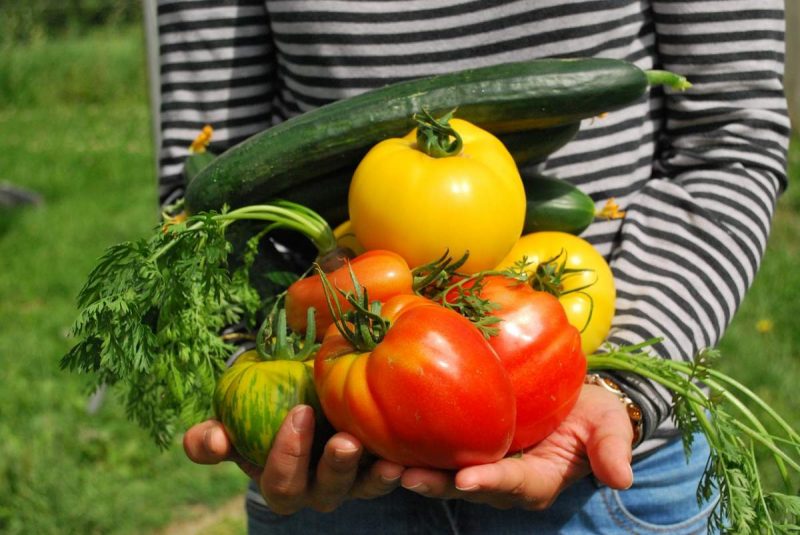
Organic Food: Is it possible to create a proximity seal? This creates competitive situations that harm some Catalan operators. On the one hand, because of a question of productive scale, especially in small and medium-sized companies. And on the other hand, because some subsectors are governed by stricter technical standards here than in other autonomous communities or other countries, due to the room for interpretation of the European Regulation. The distinction between local or proximity products could give them the added value they need to position themselves with a greater advantage in a market that values proximity criteria.
Important barriers from European legislation
However, the goal runs into important barriers from European legislation that regulates organic production and does not allow the distinction between certified foodstuffs based on their origin. In addition, there are also technical problems regarding the criteria to be applied. For example, can meat from livestock not born in the autonomous community be certified as Catalan organic food, but bred? Or what percentage of local ingredients should a food be considered Catalan?
Business day
These are all issues that various representatives of the organic sector raised during the meeting day that took place on Thursday, December 14 at the Pati Manning in Barcelona, below the organization of the Aliança Fulla Verda. The platform brings together all links of the The Catalan ecological agri-food system, from production to consumption, continues dissemination and research. Salomó Torres, from the Ecological Agriculture Business Association AE2 presented the alliance as a pressure group committed to the entire sector.
He was in charge of opening the session and after his intervention he shaped the lecture main event, led by Xabier Lejarzegi, coordinator of the Agriculture and Food Council Ecological of Euskadi/Ekolurra, which combines the experience of this control body in the design of the Ekolurra Organic Foods of Euskadi accreditation.
Close proximity
Then Ferran Berenguer, nationally responsible for organic agriculture and livestock farming of Unió de Pagesos, and José María Hervás, representative of the cooperative sector of Agroecological consumers have expressed the need to have an ecological seal Catalan. Isidre Martínez, responsible for organic agricultural food production at the Department of Climate Action, Food and Rural Agenda, explained the legal difficulties associated with obtaining a Catalan ecological seal, pointing out that the term ‘of proximity” would have more options. According to him, it’s a bet that would make sense and all that It would gain momentum if it were done from the entire eco-European sector.
Round table
At the end of the interventions, a round table was opened where David sat Torrelles, President of the Catalan Council for Organic Agricultural Production, and moderator Montse Escutia, from the Vida Sana Association. The words of the audience reaffirmed the interest in it a distinction was made that would differentiate eco-Catalan food, and some areas of work were pointed out that could open up some possibilities.
European legislation
In 2019, the Ministry of Climate Action already commissioned a study on this topic which highlighted the legal problems of the proposal. This in 2023, after the trial participatory for a new action plan for organic agriculture-food production would be the question is back on the table, the DACC has commissioned a new study to try to find this out feasible solutions that do not conflict with European legislation.
Organic Food: Is it possible to create a proximity seal? – Healthy lifestyle

